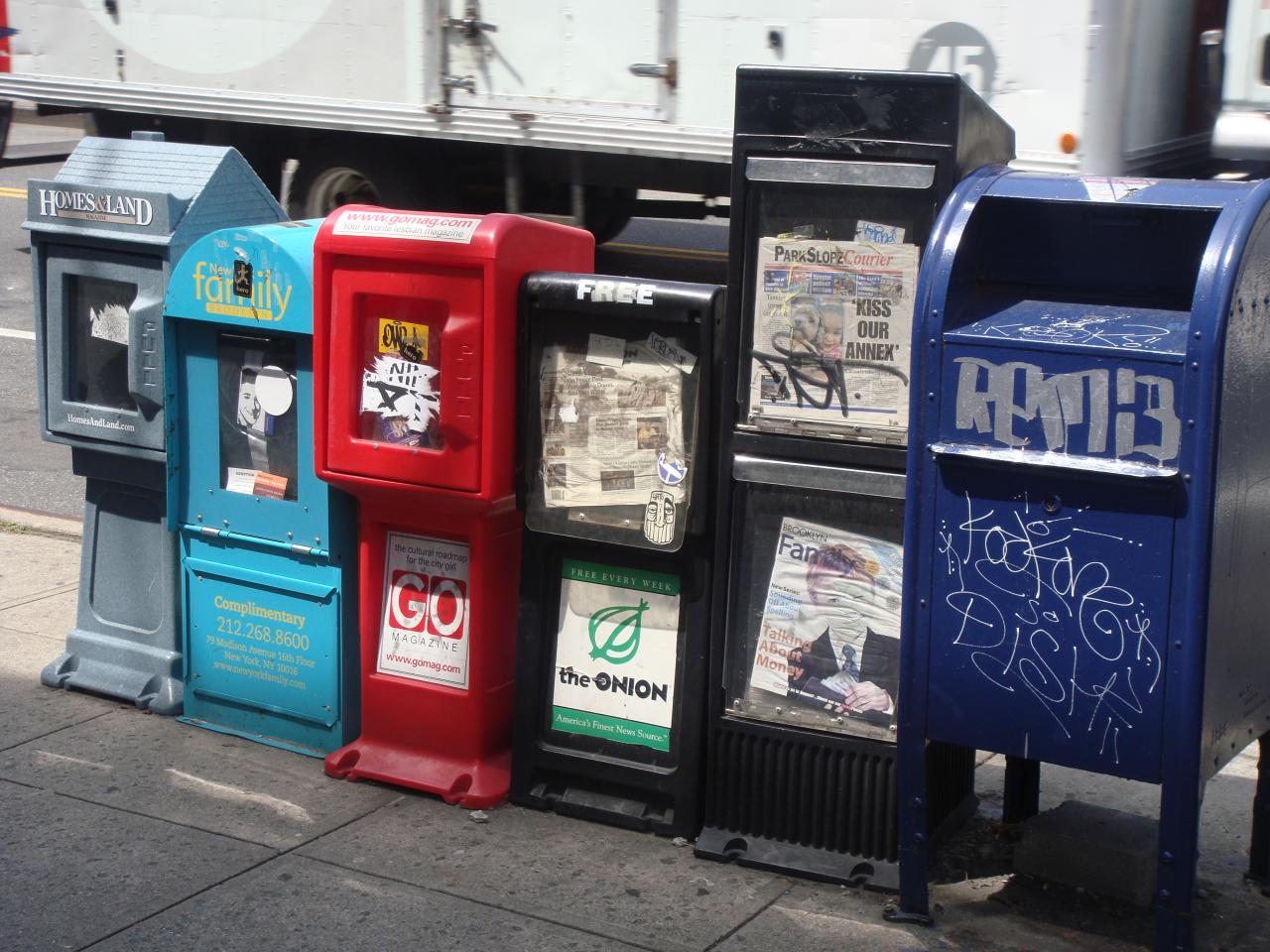This has been a chaotic week in American politics, between the abrupt ouster of former FBI Director James Comey, chaos at town halls as constituents react to the American Health Care Act, the resignation of the US Census director, a Russia-White House meeting, and much more. But one of the most important events of the week may slip under the radar: The arrest of journalist Dan Heyman at the West Virginia capitol building.
Heyman, who works for the Public News Service, has been in the industry for 30 years, with credits in the New York Times, NPR, and other national outlets. On Tuesday afternoon, Health and Human Services Secretary Tom Price, along with Trump insider Kellyanne Conway, were in West Virginia to discuss the opioid crisis, and Heyman was covering Price’s appearance in the course of his work. When he found himself in a corridor with the HHS director he asked a question — is it true that a history of intimate partner violence could be considered a preexisting condition under the AHCA?
Price didn’t respond — Heyman reportedly repeated the question several times, speaking loudly to be heard over the noise of the corridor, before asking if Price had no comment. Price may not have had a response, but capitol police did, arresting him and later charging him with “willful obstruction of government processes,” which could carry a fine of up to $100 along with jail time.
Heyman says he was doing his job.
Capitol police insist that he was attempting to break through a Secret Service cordon.
This debate troublingly suggests that journalists in the United States are now expected to adhere to behavioural standards established by law enforcement or elected officials, rather than abiding by a generally agreed-upon code of ethics developed within the industry. The arrest indicates that journalists who fail to toe the line could face legal penalties, something the ACLU of West Virginia calls ‘chilling.’
It should be gravely disturbing to all Americans, not simply members of the media, that journalists can apparently be arrested for asking questions when the content, tone, or style is unpalatable to the person being asked. A free press is a hallmark of a free and open democracy, with the media having an obligation to challenge elected officials and chase down difficult stories.
Repeating press releases and only sourcing material from press conferences is effectively parroting pablum shaped by officials and agencies, and it’s bad journalism. Determined journalists acting in the public interest seize any opportunity to gather information, and sometimes that means raising a voice in a chaotic corridor to be heard, or thrusting a recorder as close as possible to an elected official to make sure it picks up usable audio.
The question here shouldn’t be whether Heyman was polite enough as he asked questions, but why it was thought appropriate to both arrest and charge him in the course of doing his job. This is especially important when viewed in the larger context of the climate for journalism in the United States, as the Trump Administration has made it abundantly clear that it views the media primarily with contempt, and little more.
When the President of the United States is calling for changes to libel laws because he doesn’t like what the New York Times prints about him, that’s a problem. When he’s using Twitter to attack media outlets and journalists, that’s disturbing — he is using the weight of a large platform, and an official government attack, in an attempt to suppress freedom of the press. When he calls the media ‘the enemy of the people,’ attacks journalists in press conferences, rages about ‘leaks,’ and shows preferential treatment to right-wing news outlets it shows a disturbing willingness to undermine the free and independent press. When journalists are arrested while covering the inauguration, this should be troubling.
This is something that should be worrisome to Americans. The United States is an extremely large country and the only way people are able to know, or understand, what’s happening across the nation is through the media, including through work to break critical stories. It has become fashionable to simultaneously crow about the importance of ‘supporting’ media and blame the media for the election of President Trump, in a rather strange logistical paradox, but Americans need to be taking more responsibility for the protection of press freedom.
There are many nations in the world where being a journalist is extremely dangerous — in Mexico, for example, a rising death rate is worrying the media community. Journalists risk their lives in war zones and under hostile regimes to collect and distribute information because they believe it is important for the public to be informed. The United States, with freedom of speech ostensibly enshrined in the Constitution, should be a bastion of press freedoms, from establishment media to partisan news organisations and everything in between.
It is imperative that Americans take a stance in favour of press freedom before it’s too late, and it’s incumbent upon the rest of the world to move to hold the United States accountable to its own stated values — America may consider itself a beacon of ‘freedom’ in the world, but the lens is clearly growing dingy.
Photo: gabriele82/Creative Commons

